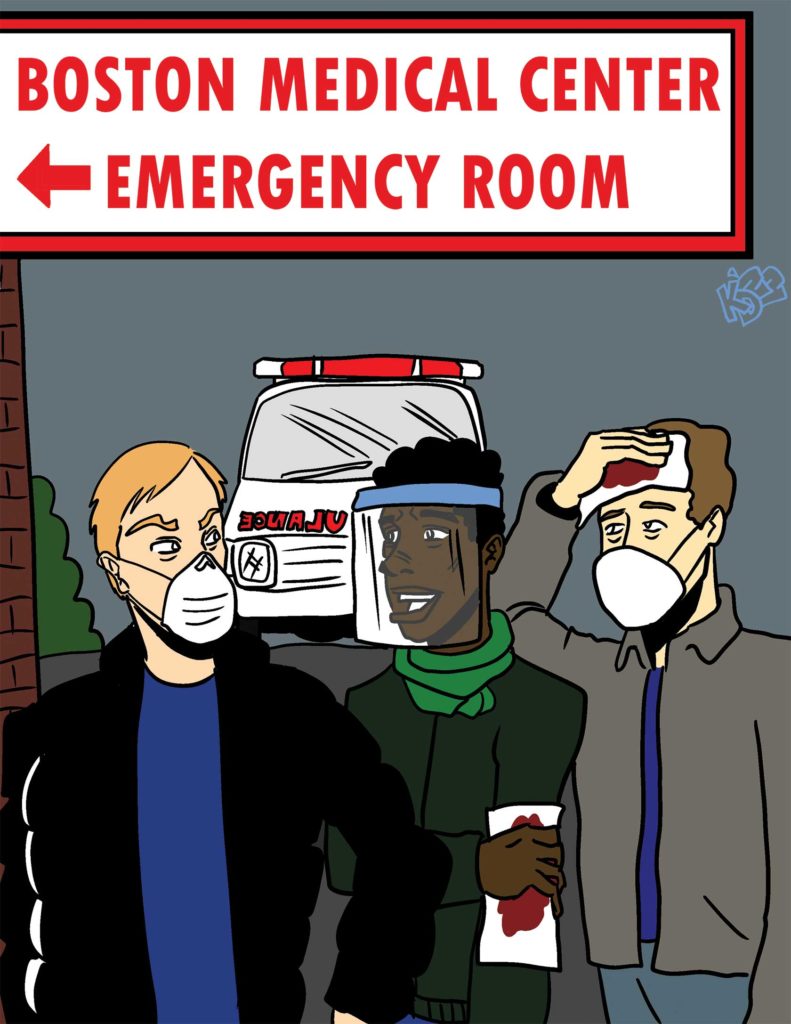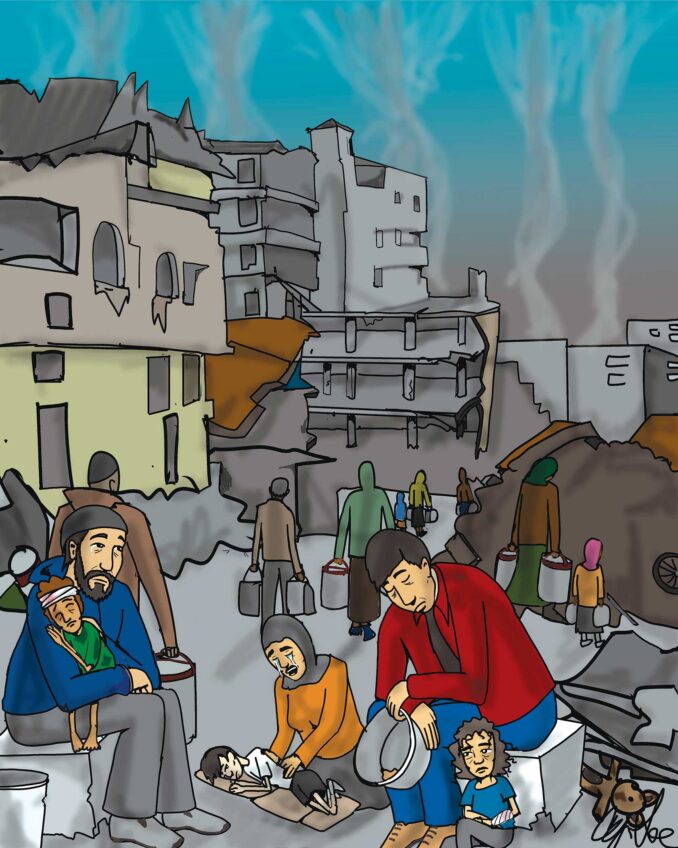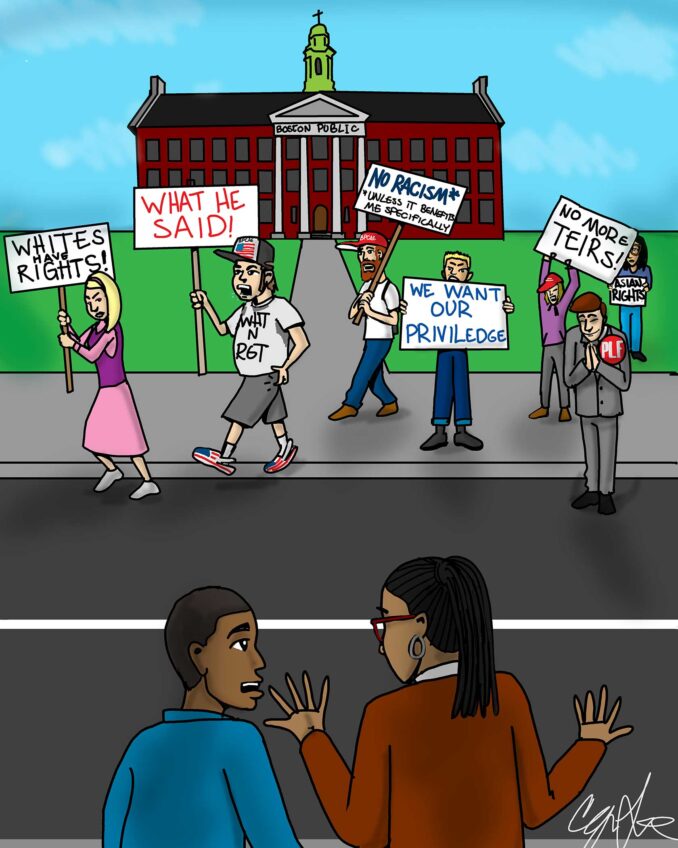
There has been limited information about the adverse impact on the Boston Medical Center of the Mass-Cass problem. Part of the reason for this is the lack of historical understanding of major city hospitals in America.
Some years ago, it was customary for major cities to maintain public hospitals to care for urban workers. Boston was in the lead in this practice with the establishment of the Boston City Hospital. During this period, major universities also became affiliates of so-called “teaching hospitals” that were responsible for advancing the medical profession. The Boston University Medical Center was established in 1874.
It so happened that Boston City Hospital and BU Medical Center were adjacent to each other along Albany Street. This created the false impression that there were two standards of medical care — one for the affluent and another for the working class.
As medical technology improved and became more expensive, it became impractical to continue to maintain two separate hospitals. In 1996, when John Silber was president of Boston University and Tom Menino was mayor of Boston, the Boston Medical Center was created to merge the two hospitals. Its ethos was established as “exceptional care without exception.”
As BMC chief executive officer, Elaine Ullian had the onerous task of merging the facilities of the two hospitals into one unit, and assuring that the highest level of medical performance was maintained, regardless of the color or status of the patient.
The objective audit of the quality of Boston hospitals by the Massachusetts Health & Hospital Association has regularly determined that BMC meets and exceeds high quality standards. Nonetheless, there are some bigots who are critical of BMC because it is a preferred hospital for Black or working-class patients.
When the folks from Mass-Cass inundate the BMC emergency room, they behave as though they have every right to be there. They know that the BMC staff will treat them with respect, even though they might be disheveled and disorderly.
That aspect of the Mass-Cass burden should be the sole responsibility of the City of Boston. The duty of establishing propriety should not be the burden of BMC.






